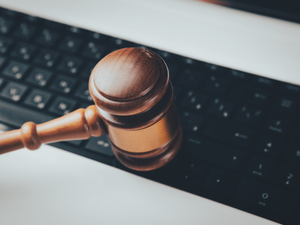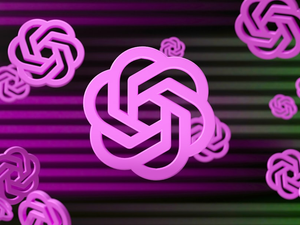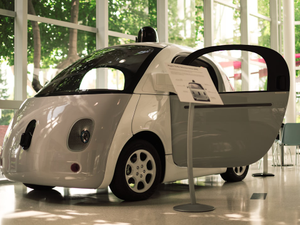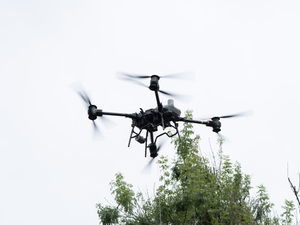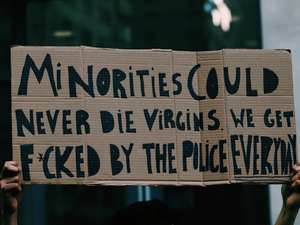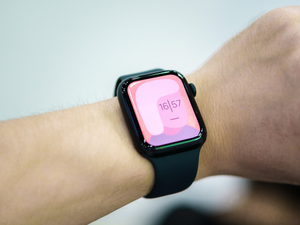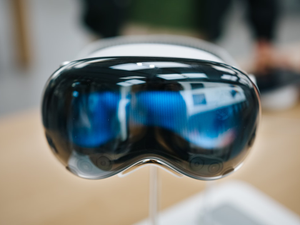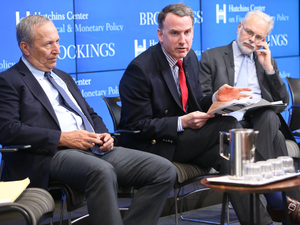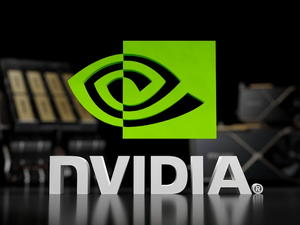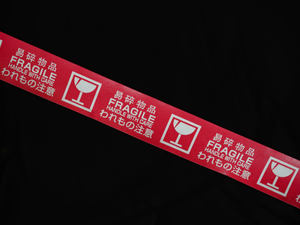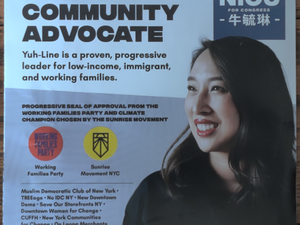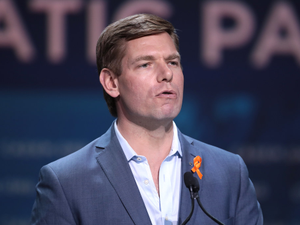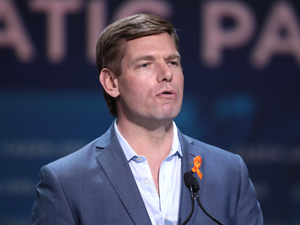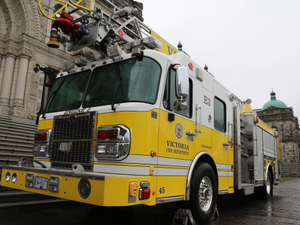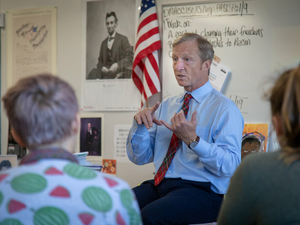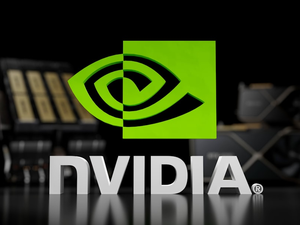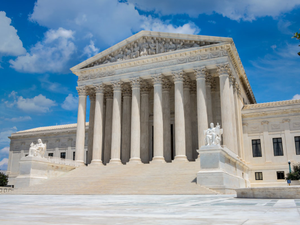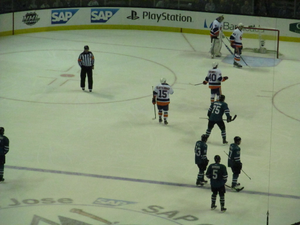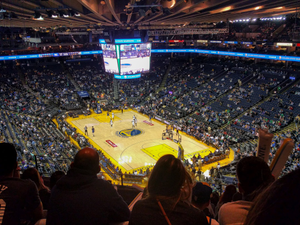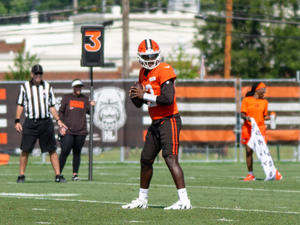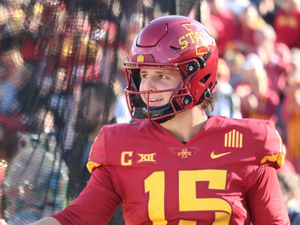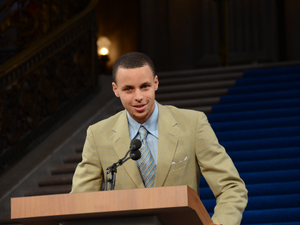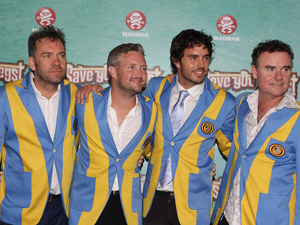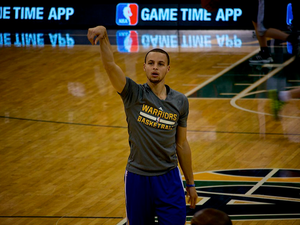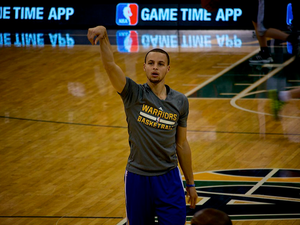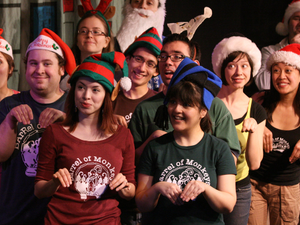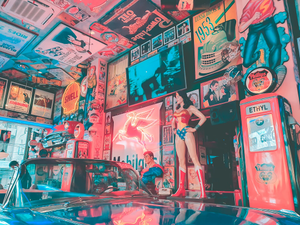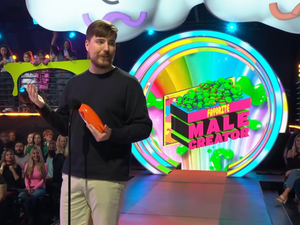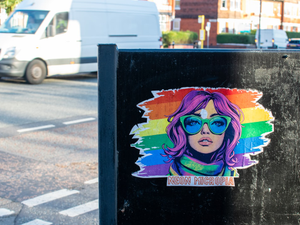AI vs. Creative Pros: Getty and Stability AI Clash in Groundbreaking Copyright Battle

Photo by Igor Omilaev on Unsplash
The tech world is buzzing with a landmark legal showdown between Getty Images and Stability AI that could reshape how artificial intelligence companies use creative content.
In a closely watched case at Britain’s High Court, Stability AI emerged largely victorious against Getty Images in a complex intellectual property dispute. The lawsuit centered on Stability AI’s alleged unauthorized use of 12 million images from Getty’s website to train its popular image generation tool, Stable Diffusion.
Justice Joanna Smith’s ruling provides a nuanced perspective on the emerging legal landscape of AI and copyright. While Getty technically won a narrow trademark infringement claim, the court fundamentally rejected their primary copyright arguments. The judge ruled that Stable Diffusion’s AI model does not actually “store or reproduce” copyrighted works.
This case is part of a broader trend of legal challenges facing AI companies. Currently, over 50 copyright lawsuits are challenging how generative AI platforms train their models using existing creative works. Major entertainment companies like Warner Bros., Disney, and Universal have also filed similar suits against AI image generators.
The decision highlights the complex ethical and legal questions surrounding AI development. Tech companies argue that their training processes fall under “fair use” doctrines, while creative professionals contend that their work is being appropriated without compensation or consent.
Stability AI’s General Counsel, Christian Dowell, characterized the ruling as resolving core copyright concerns. Meanwhile, Getty Images claimed the judgment was a “significant win” for intellectual property owners, despite losing most of their legal claims.
As AI technology continues to advance rapidly, this case represents just the beginning of what will likely be prolonged legal and ethical debates about the boundaries of machine learning and creative content.
The implications extend far beyond this single lawsuit, potentially setting precedents for how AI companies can ethically and legally develop their technologies in an increasingly complex digital landscape.
AUTHOR: tgc
SOURCE: AP News
